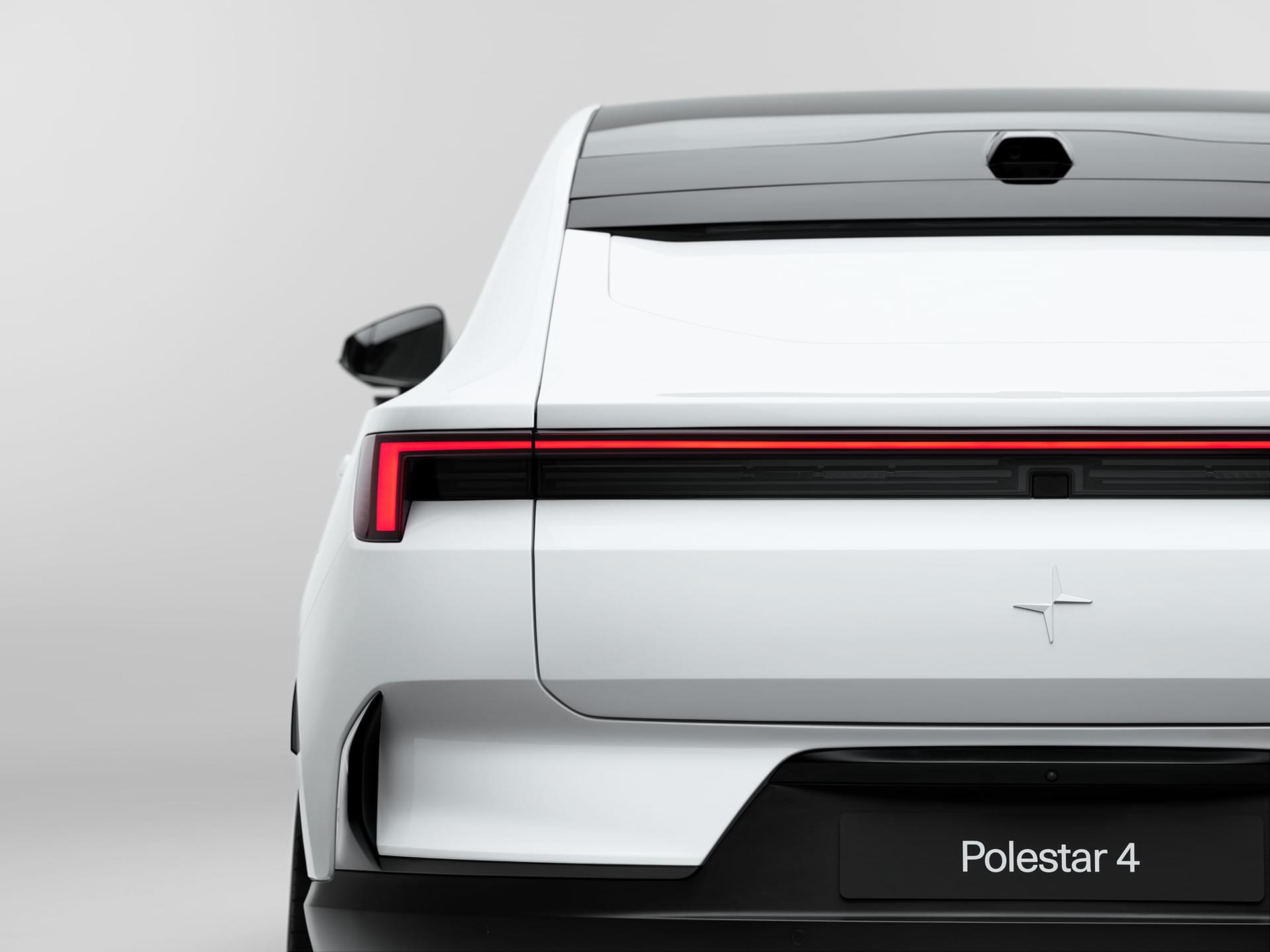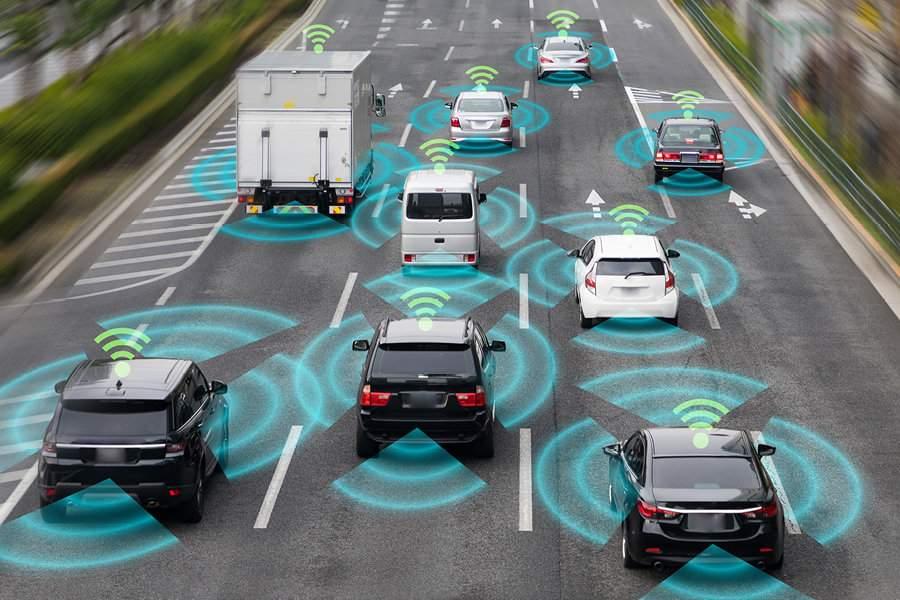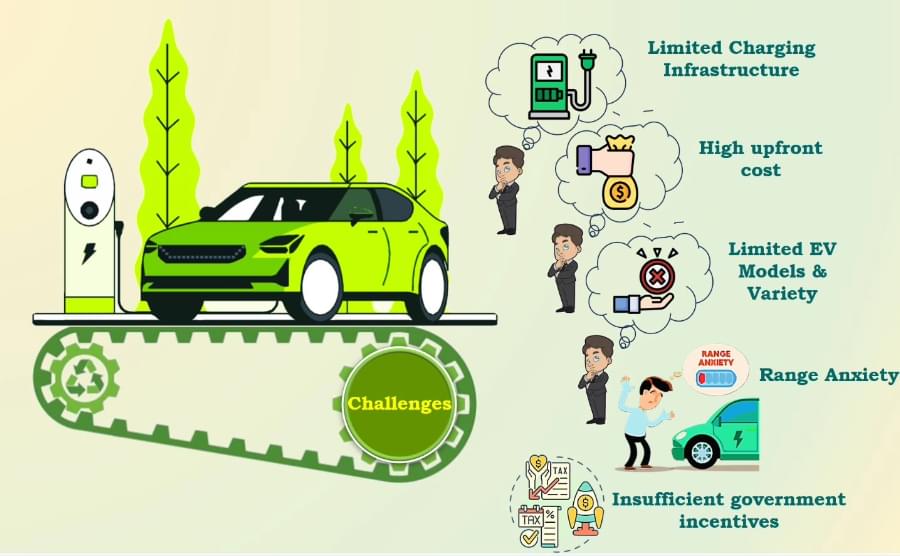Understanding the Depreciation of Electric Cars: Factors and Realities
sunnY123 April 22, 2024 0 COMMENTS
As the world pivots towards sustainable transportation solutions, electric vehicles (EVs) have emerged as a promising alternative to traditional internal combustion engine cars. However, despite their environmental benefits and growing popularity, one aspect that often surprises potential buyers is the rapid depreciation experienced by electric cars. While this depreciation phenomenon might seem counter intuitive at first glance, delving deeper reveals several factors contributing to it.
Rapid Technological Advancements: Electric vehicle technology is evolving at a breakneck pace. Each year, manufacturers introduce newer models with improved battery technology, longer ranges, and enhanced features. Consequently, older electric car models quickly become outdated, leading to significant depreciation as buyers prefer the latest advancements.
Battery Degradation Concerns: The battery pack is one of the most expensive components in an electric car. Over time, batteries degrade, losing their ability to hold a charge as effectively as when new. This degradation, coupled with concerns about the cost of replacing the battery, impacts the resale value of electric vehicles. Buyers are often wary of purchasing used electric cars with degraded battery performance, further accelerating depreciation.
Uncertainty Surrounding Resale Value: Unlike traditional gasoline cars, the resale value of electric vehicles is still relatively uncertain. Factors such as battery health, technological advancements, and market demand greatly influence the resale market, making it challenging for both buyers and sellers to predict future values accurately.
Government Incentives and Rebates: Many governments around the world offer incentives and rebates to encourage the adoption of electric vehicles. These incentives can significantly reduce the initial purchase price of EVs, but they do not carry over to the resale market. As a result, the depreciation of electric cars may appear steeper when compared to their initial subsidized prices.
Limited Charging Infrastructure: While the charging infrastructure for electric vehicles is expanding, it still lags behind traditional refueling stations. Range anxiety, or the fear of running out of battery charge with no nearby charging station, remains a concern for many prospective buyers. The perceived inconvenience of charging and the limited availability of fast-charging stations can deter potential buyers, contributing to depreciation.
Perception and Market Demand: Despite growing awareness and acceptance of electric vehicles, some consumers still perceive them as niche or experimental. This perception affects the demand for used electric cars, leading to lower resale values. Additionally, market demand varies regionally, with areas having better infrastructure and incentives experiencing slower depreciation rates.
High Initial Purchase Price: Electric vehicles often come with a higher initial purchase price compared to their gasoline counterparts. While this cost difference may be offset by lower operating costs over time, it still impacts the depreciation rate. Buyers may be reluctant to pay a premium for a used electric car when they can purchase a new one for a slightly higher price.
Maintenance and Repair Costs: While electric cars generally have fewer moving parts and lower maintenance requirements than internal combustion engine vehicles, repairs and maintenance can still be costly, especially for specialized components such as the battery pack. Buyers may factor in potential future maintenance costs when evaluating the resale value of electric cars, contributing to depreciation.
Despite these challenges, it’s essential to recognize that the depreciation of electric cars is not uniform across all models or markets. Factors such as brand reputation, model popularity, and regional incentives can influence depreciation rates. Additionally, as the technology matures, and charging infrastructure improves, the depreciation of electric vehicles is expected to stabilize.
The rapid depreciation of electric cars can be attributed to a combination of technological advancements, battery degradation concerns, uncertain resale values, government incentives, charging infrastructure limitations, market perceptions, high initial purchase prices, and maintenance costs. Understanding these factors is crucial for both buyers and sellers in navigating the electric vehicle market effectively. As the automotive industry continues to embrace electrification, addressing these challenges will be key to ensuring the long-term success and sustainability of electric transportation.








